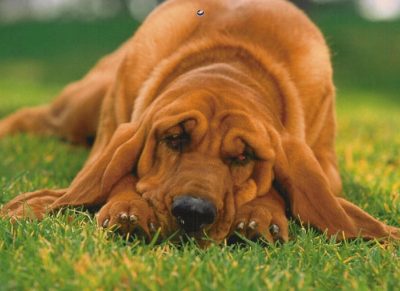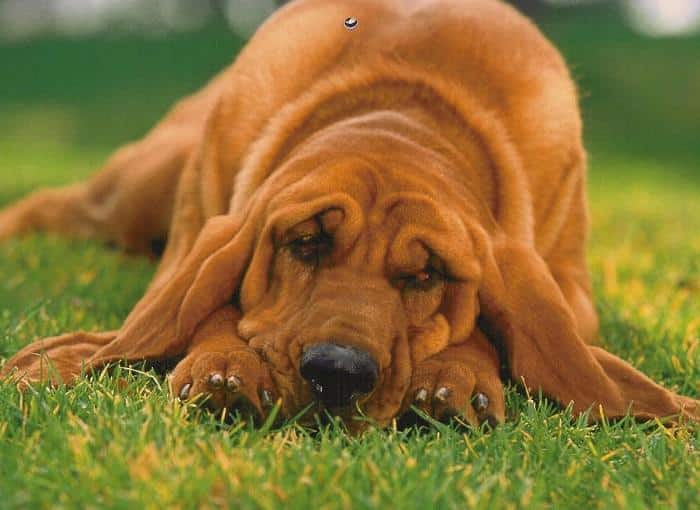
More and more, people are turning to homeopathic remedies as a safe and effective way to avoid the dangerous side-effects of conventional medicine. One very ancient treatment involves the use of essential oils.
The Egyptians were the first recorded people to use essential oils in medical practice, as a beauty treatment, in food preparation and in religious ceremonies. Sandalwood, myrrh, frankincense and cinnamon were highly valued along trade routes and often were exchanged for gold.
Essential oils are naturally occurring chemical components of plants that are highly aromatic. They are normally extracted via distillation and can be used alone or as part of a therapeutic blend.
Today, essential oils are used by natural health practitioners for everything from relieving stress, to reducing inflammation and pain in joints and muscles, to treating skin conditions, to alleviating the symptoms of colds and the flu.
The Hidden Secrets Of Making Herbal Medicines…Right At Your Fingertips!
But it’s not just humans who are benefiting from the ancient healing powers of holistic therapies. Many veterinarians are now starting to use a variety of homeopathic applications, including essential oils and oil blends in their practices.
One thing is for certain: Not all veterinarians agree on the use of essential oils or other holistic practices. If you are interested in natural healing for your pet, it is important to find a vet that embraces non-conventional healing.
Veterinarian Melissa Shelton is one of the nation’s leading experts in using essential oils with pets. Her interest in them stemmed from the fact that her children had problems with conventional treatment and needed a more holistic approach to healthy living. After some extensive studies and much research, she began to use essential oils in her practice.
Well aware of the controversy around using herbs and essential oils with animals, Dr. Shelton, who is regarded as a holistic vet, has used essential oils with great success.
There is a lot of misinformation out there, especially on the Internet, when it comes to essential oils and animals, she says. Just because an animal product may contain an essential oil does not mean that it is an adequate grade or that the manufacturer has done the correct research. Like any other homeopathic remedy, there is very little regulation when it comes to essential oils.
Story continues below video
Shelton says when the right oils are used in the right amounts and for the right purposes, the results can be overwhelmingly positive.
Of course, before you begin any treatment involving essential oils, it is wise to seek guidance from a licensed and trained holistic vet.
Following are five essential oils used for a variety of medical conditions in domestic animals:
1. Tangerine (Citrus tangerina). Who can resist the sweet aroma of tangerine? This is one of Dr. Shelton’s favorite essential oils and can be used in drinking water, wash products or spritzed on food for animals. In her practice, Shelton has used tangerine oil to treat spasms, tumors and cancer, digestive problems, parasites, edema, obesity, depression, digestive problems and circulation issues.
2. Copaiba (Copaiba officinalis). Holistic veterinary clinics often use this essential oil — which comes from a South American tree trunk — to replace conventional anti-inflammatory medicine, chronic arthritis medications and medications used for urinary incontinence.
3. Melissa (Melissa officinalis). Also known as balm mint, this perennial is in the mint family and is native to south-central Europe. This uplifting oil has strong anti-viral properties and is beneficial for regulating emotions.
4. Helichrysum (Helichrysum italicum). Known as an overall wellness oil with extensive applications, helichrysum is a flowering plant in the daisy family that is native to dry, rocky and sandy areas in the Mediterranean. The rich oil that comes from this plant has anti-inflammatory, anti-fungal and cleansing properties.
5. Lavender (Lavendula officinalis). This highly fragrant herb is known for its potent calming effect. Just one whiff and you can feel your whole body relax. If you happen to have a dog who is a bit jumpy during a thunderstorm or doesn’t really like car trips or airplane rides, a few drops of lavender soil on the collar can do the trick. There are a number of high-quality lavender-infused shampoos and other hygiene products on the market. Just be sure you are getting a quality product.
Do you use essential oils with your pets? Leave your tips in the section below:












